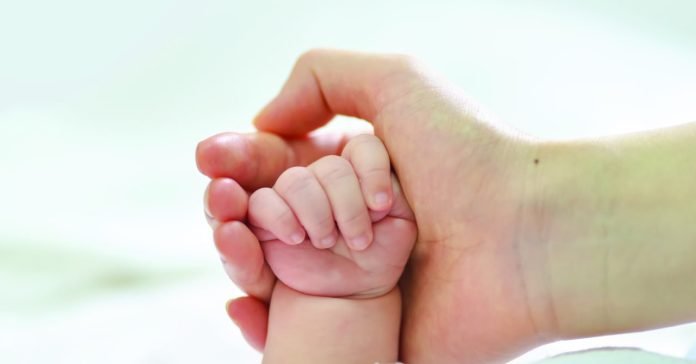Life has become more sophisticated for women. They are inclined to postpone childbearing these days. Moreover, the ideal age for childbearing is no longer mid to late 20s but late 30s. It is further possible to freeze eggs and even embryos with the help of techniques in Reproductive Medicine.
Egg freezing or mature oocyte cryopreservation is an innovation of Reproductive Medicine. Furthermore, it helps a woman to get pregnant at a later date. Besides, the unfertilized but harvested eggs from the ovaries are frozen and preserved for later use. Lastly, when the woman decides to get pregnant, the frozen eggs are thawed and combined with sperm through an In Vitro Fertilization (IVF) procedure.
According to experts in Reproductive Medicine, Egg freezing makes sure that fertility potential of women is preserved in the best possible way. In addition, a large volume of planning is involved in egg freezing with diagnosis and testing. It further makes sure that good quality eggs are available for the female patient whenever she wants to get pregnant.
Leading infertility specialists claim that Egg freezing is a simple and useful procedure for women who are not ready for childbearing. This further allows them to focus on their education, career and social goals before proceeding to the next stage of their lives.
About the Procedure
The patient takes hormone injections to trigger the hormones and produce multiple eggs. Furthermore, the eggs are retrieved with the use of a mild anaesthesia and then stored through vitrification. The cost of the procedure increases as a result of this.
Advantages and Disadvantages
Egg freezing technology has become better and safer as years have passed. Moreover, methods of freezing eggs have improved and chances for damages have come down. More and more women in their late 20s or early 30s are further opting for egg freezing as a result. Moreover, they want to conserve their fertility with eggs of good quality. Lastly, they want to avoid miscarriages and chromosomal abnormalities when they become pregnant at an advanced age.
Eggs should be frozen before mid-30s for future use. Women can further work on career goals and/or wait until they find a suitable partner. Lastly, most fertility treatments are considered normal these days.
On the flip side, frozen eggs do not guarantee conception or a successful IVF procedure. Besides, bodily changes over the years may or may not lead to a successful pregnancy. Moreover, women can develop diabetes, fibroids, high blood pressure, endometriosis and so on with age. The quality of sperm from the male may further decline affecting the pregnancy cycle and the baby.
Conditions that Demand Egg Freezing
Certain health conditions can lower fertility quotients in women. Autoimmune diseases, sickle cell anemia, and transgender orientation are few among them. Furthermore, treatments such as radiation or chemotherapy have an adverse effect on the eggs.
Egg freezing is reliable, affordable, and convenient to delay motherhood without damaging the quality of eggs. This innovation in Reproductive Medicine enables women of today to chase their dreams and goals and at the same time enjoy motherhood when it is convenient for them.
